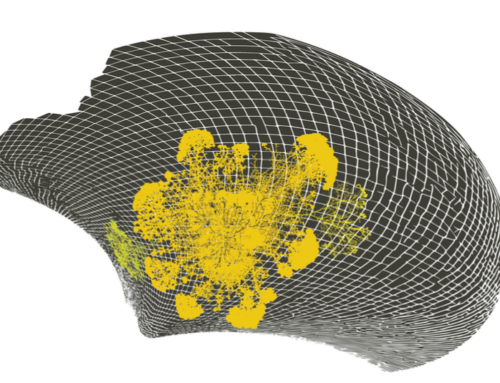An intriguing story in next month’s Cluster magazine describes plans in China for the world’s first urban biomedical hub. Sascha Haselmayer, one of its advisors, writes that Fenglin Biomedical Centre will concentrate life science, medical care services, medical education, business incubation, and medical exhibitions, in the Xuhui district of Shanghai. Haselmayer says Fenglin is about “building a healthcare system that has to almost instantly provide for more than one billion currently unprotected peopleâ€. Fenglin can become a global biomedical hub, he says, that will “increase productivity, and speed up the process from scientific discovery to bedside product”. Emerging trends such as lifestyle diseases, preventive medicine, and bio-informatics, have further stimulated interest from international partners. And there, for me, is where FMC is misconceived. It’s an urban development project, not a health service one. As I discovered in Korea a while back, biomedical clusters (here’s a map of them) like Fenglin are popular with investors and multinationals. Large inflows of capital are attracted by tax breaks and what Haselmayer describes as “an inclusive yet visionary governance†that, in Fenglin’s case, includes a Patenting Center to assist in interrnationalisation/localisation of patents. But the latest thinking on health favours the radical decentralisation of care – not its concentration, and not its technological intensification. A business model based on the privatisation of medical knowledge is also unlikely to benefit China’s population. Investors will probably get sick, too, when the wildly over-egged promises being made for biomedicine turn out to be chimeras.




